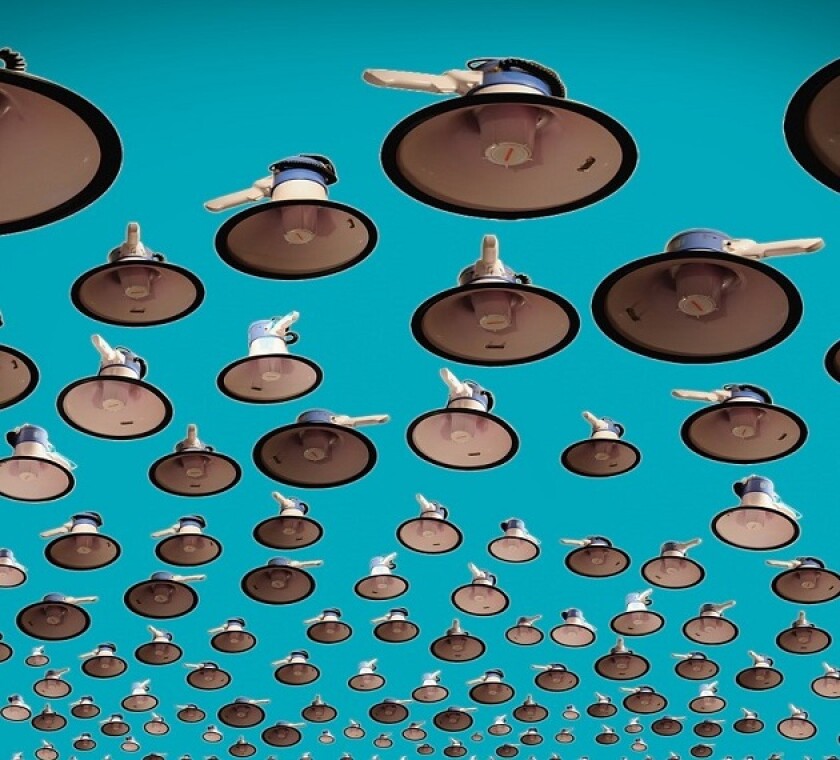The Luxembourg parliament transposed the second European Council Anti-Tax Avoidance Directive (ATAD 2) into domestic law via legislation published in the Official Gazette (Mémorial) on December 23 2019.
Inspired by Action 2 of the OECD’s BEPS project to neutralise the effects of hybrid mismatch arrangements, ATAD 2 expands ATAD 1’s anti-hybrid provisions to include additional types of hybrid mismatches and hybrid mismatches with non-EU countries.
While most of the law’s provisions are already in force for fiscal years starting on or after January 1 2020, it is worth emphasising that the rules targeting reverse hybrid mismatches will only apply as from fiscal years closing in 2022, even if they began in 2021 (i.e. diverging years).
Purpose of the reverse hybrid rules
The Luxembourg law transposed the measures regarding the tax treatment of reverse hybrid mismatches (as set out in Article 9a of ATAD 2) by adding a new Article 168quater to the Income Tax Law (ITL). Its aim is to eliminate double non-taxation resulting from such mismatches.
A reverse hybrid mismatch can be defined as an arrangement involving an entity that is incorporated or established in Luxembourg and that Luxembourg considers transparent for its tax purposes if one or more associated entities holding (directly or indirectly) at least 50% of its voting rights, capital, or profits is established in a jurisdiction that considers the entity as opaque for its own tax purposes.
Article 168quater ITL refers to both structures incorporated or established in Luxembourg and to entities (organismes) within the meaning of Article 175 ITL, such as (but not limited to) Sociétés en Commandite Simple (SCS), Sociétés en Commandite Spéciale (SCSp), Société en nom collectif (SNC), and Sociétés Civiles. Conversely, collective investment vehicles, which are expressly defined in the reverse hybrid rules, are out of scope.
Under Article 168quater ITL, a reverse hybrid entity is considered a resident taxpayer. Therefore, its net income is subject to corporate income tax to the extent that this net income is not otherwise taxed under the laws of Luxembourg or any other jurisdiction.
The pursuit of the anti-tax avoidance objective
To illustrate the rules, consider the following example: A Luxembourg SCS is 49% owned by a Luxembourg Société à responsabilité limitée and 51% by a company resident in a third country that treats the SCS as an opaque company for its tax purposes.
The lack of tax regulation would lead to double non-taxation resulting from a reverse hybrid situation where only 49% of the income derived by the SCS is taxable (in the hands of the Luxembourg partner) while 51% is not included at the nonresident partner level as it is considered taxable in the hands of the SCS. In this case, the reverse hybrid rules would apply. Pursuant to Article 168quater ITL, 51% of the income derived by the SCS should be taxable for Luxembourg corporate income tax purposes at the SCS level.
Tight schedule for concerned taxpayers
Although the Luxembourg reverse hybrid rules were adopted by the Luxembourg parliament almost two years ago, they have not yet applied to taxpayers that have not yet started their 2022 fiscal year; however, they may already apply to taxpayers with a diverging fiscal year. Therefore, taxpayers should carefully review the new rules.
In this sense, it is still worthwhile for entities and groups to review their structure. This will allow them to either confirm that the provisions do not apply to them or better understand how they could apply to them currently or in the future, anticipate their potential tax impact, and decide whether to reorganise their activities before the 2021 financial year-end.
Nicolas Devergne
Partner, Deloitte
Tom Jourdan
Manager, Deloitte













